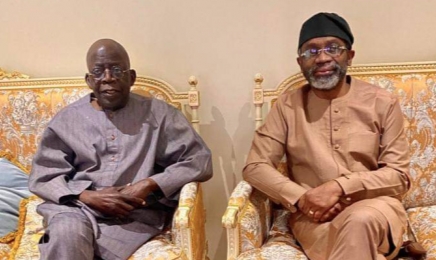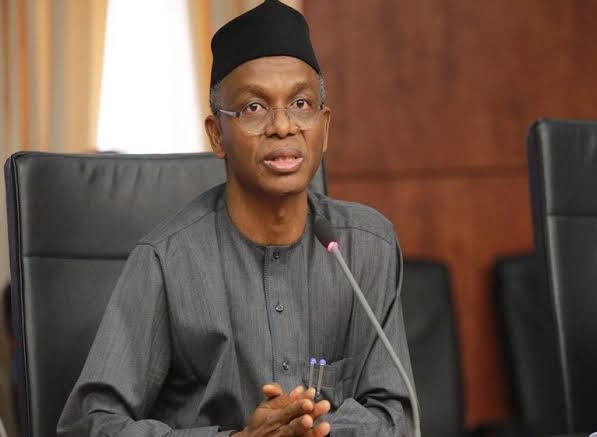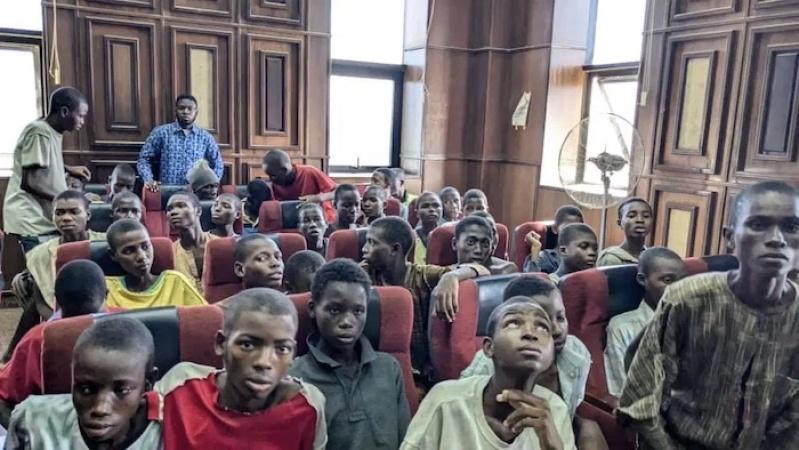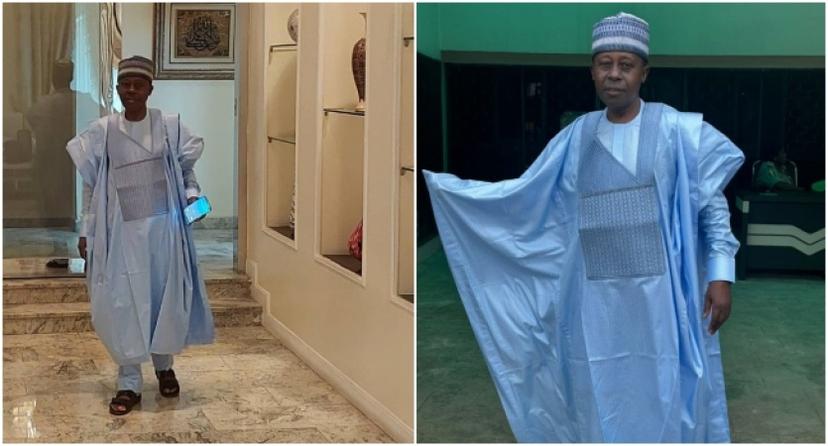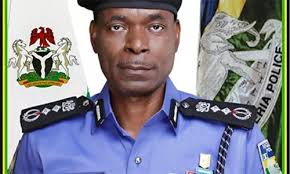Drug war: I Get Death Threats Daily — Marwa
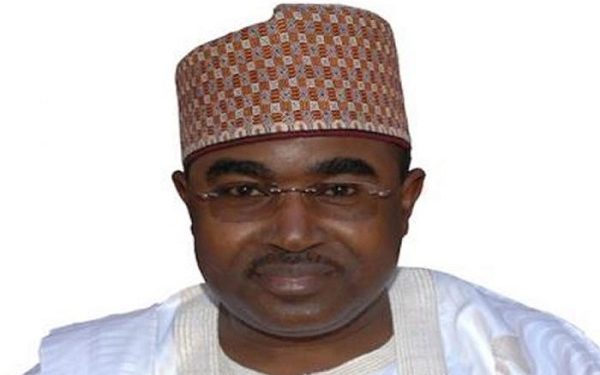
Former Lagos State military administrator, Brig-Gen. Buba Marwa, on Friday revealed his ordeal as the Chairman of the National Drugs Law Enforcement Agency (NDLEA), saying that he gets death threats from drug barons on a regular basis.
Addressing State House reporters after a meeting with President Muhammadu Buhari at the Presidential Villa, Abuja, the NDLEA boss said he was not overly concerned even though he was taking precautions.
“Severally, it’s almost a daily occurrence, because my phone number is open. Equally, messages come through family, through colleagues, and sometimes people at random who we don’t know but I live in the territory. That said, we also take precautions,” he said.
Asked about his mission at the State House, Marwa said he was there to brief President Buhari on the activities of the agency in recent times, particularly the move to build barracks for its personnel.
He said he was glad that the President responded positively to the initiative.
“Well, the President told us well done. And that well done does not go to Gen. Marwa but the NDLEA officers and men. And if there’s a secret behind it, we thank the Almighty God for the successes recorded so far, and also to the gallant and professional officers and men of the NDLEA who have remained upstanding,” he said.
The NDLEA boss expressed confidence that the pressure from some quarters on the National Assembly to get marijuana legalised in the country will fail.
He said he was confident that more than 90 per cent of the members of the National Assembly will not dare vote in support of legalizing marijuana because they know that their constituents will not take it kindly with them.
He said although those who are pressing for the legalisation of the substance were doing so because of its economic gains, its negative effects far outweigh whatever economic benefits it may have, citing the fact that more than 10 million Nigerians have been captured as users of illicit substances, including marijuana, which he said makes Nigeria the highest user of the substance in the world.
He said: “We can never support legalisation and I don’t see how the National Assembly would pass the Act, because I know 90% or more of the honourable and distinguished members of the National Assembly know the implications of this legalization, and they dare not go back to their constituencies if anyone signs legalisation because we’re seeing the implication on the ground.
“Now, the World Health Organisation itself has declared that cannabis affects the brain, alters brain function. It destabilises, affects behaviour. It also affects body organs, and at some point, it can lead to death.
“So, while we appreciate those who want to legalise it for financial gains, we have to be careful to reconcile it with life. So its money versus life, and up to this point, science has not developed up to the point where it can remove the THC in cannabis to zero.
“Therefore, cannabis is harmful to our health. It is a danger to society. We must never allow its legalisation. What’s more, Nigeria has 10.6 million cannabis users. This is the highest in the world. Isn’t it sad?”
On the other issues he discussed with the President, Marwa said: ”Basically, I am in the Villa to see the commander in chief and to appreciate his support and political will and as well to bring him up to date on activities since the launching of the war against drug abuse in June by Mr. President.
“As far as activities in the drug supply reduction sphere are concerned, we have seized drugs worth billions of naira; over 100 billion. Those cash has been sent to the CBN and the actual drug themselves we have sought for forfeiture from the courts for destruction.
“We have jailed 1,630 since January – these criminals, shameless criminals, and murderers who traffic drugs. We have counseled and rehabilitated over 4,000 within our NDLEA facilities. The issues of the war against drug abuse cascade down to communities.
“So, I briefed the President on the advocacy work that we’re doing across the country structures, state level, local government, communities, the role of traditional institution and NGOs, media, what families are expected to do, the school system.
“The Federal Ministry of Education already is working on curricula, because now kids start taking drugs from primary school. We need to get to the root of it. These are some of the areas that we have touched with the President, clearly a substantial part of which I may not disclose.
“Finally, and very importantly, I raised the issue of barracks. The NDLEA has been in existence for 32 years. All other agencies, armed forces, police, customs, immigration, road safety all have estates and barracks, except the NDLEA. We still don’t have barracks.
“And now, considering the hazardous nature of the work that we do, the danger in it, we arrest and jail the criminals and then live among them.
“When you send operatives to go into the forest, to go after the criminals, they will be encouraged if they knew that their own families are secure in a barracks somewhere.
“So, clearly, we got a positive response on that from the commander in chief. We’re very grateful for it and we look forward to the execution as soon as it is practicable. The economy, I’m sure permitting.”
He said the president is also supportive on the need to recruit more hands for the NDLEA to expand its personnel.
